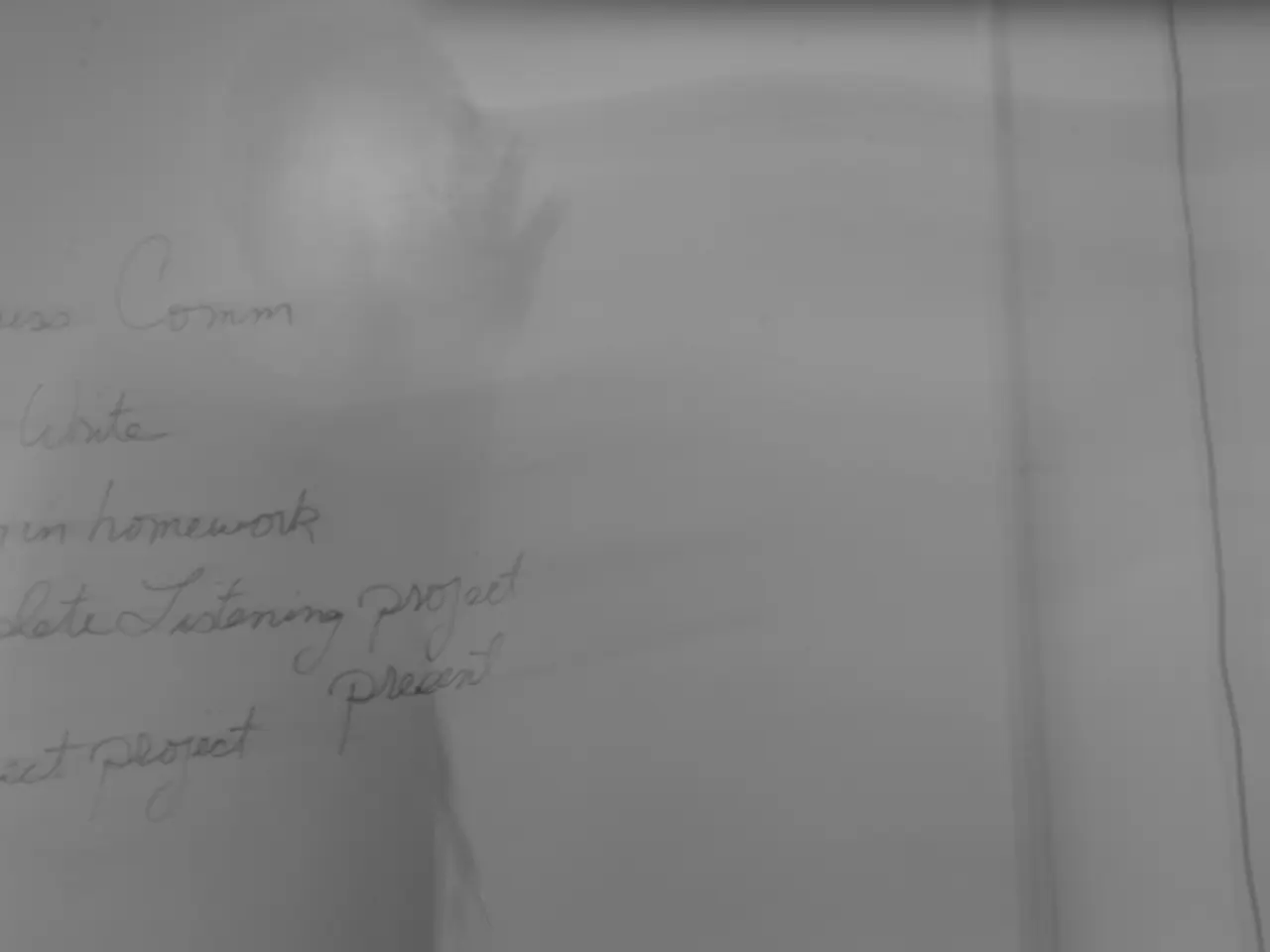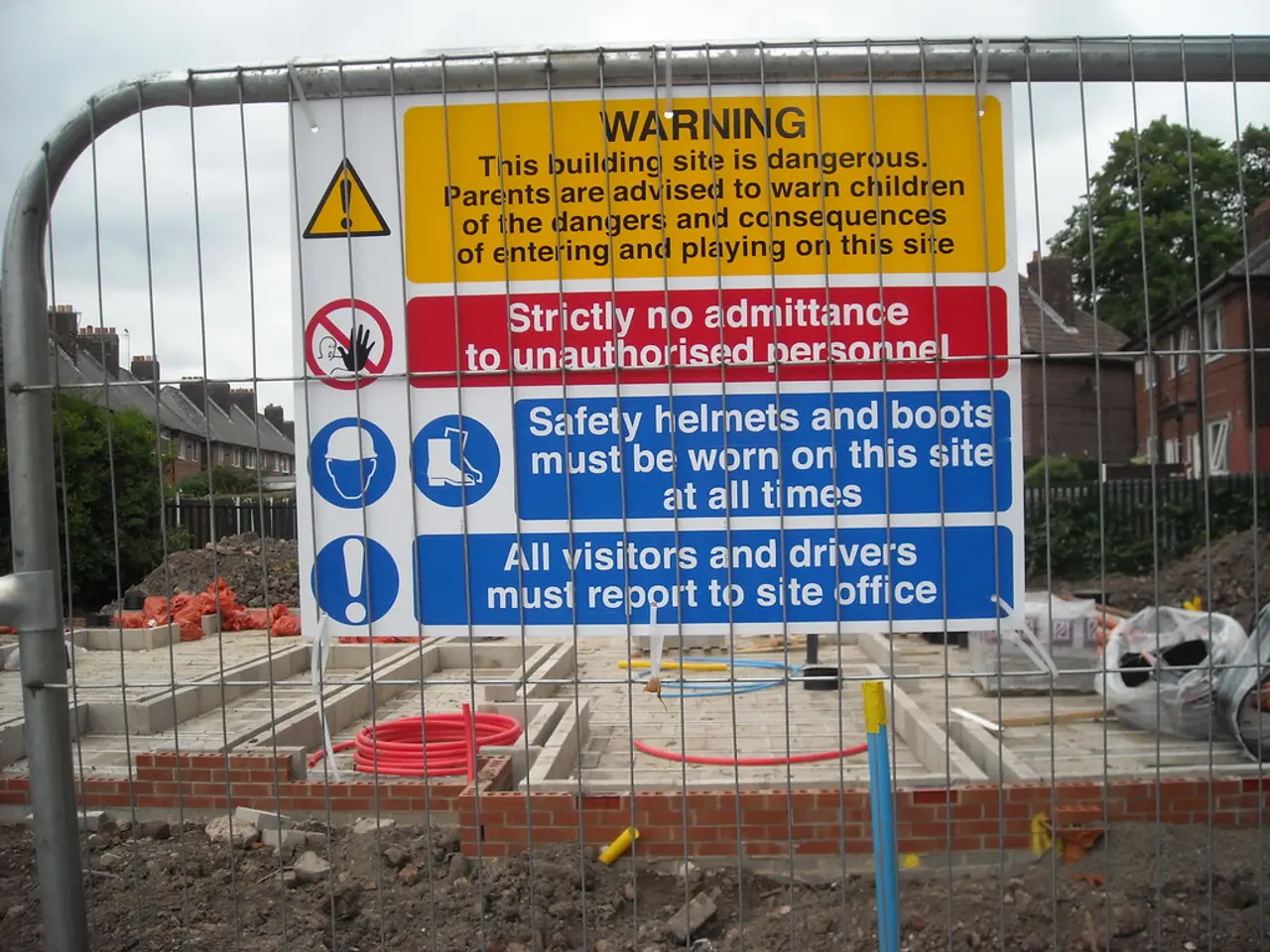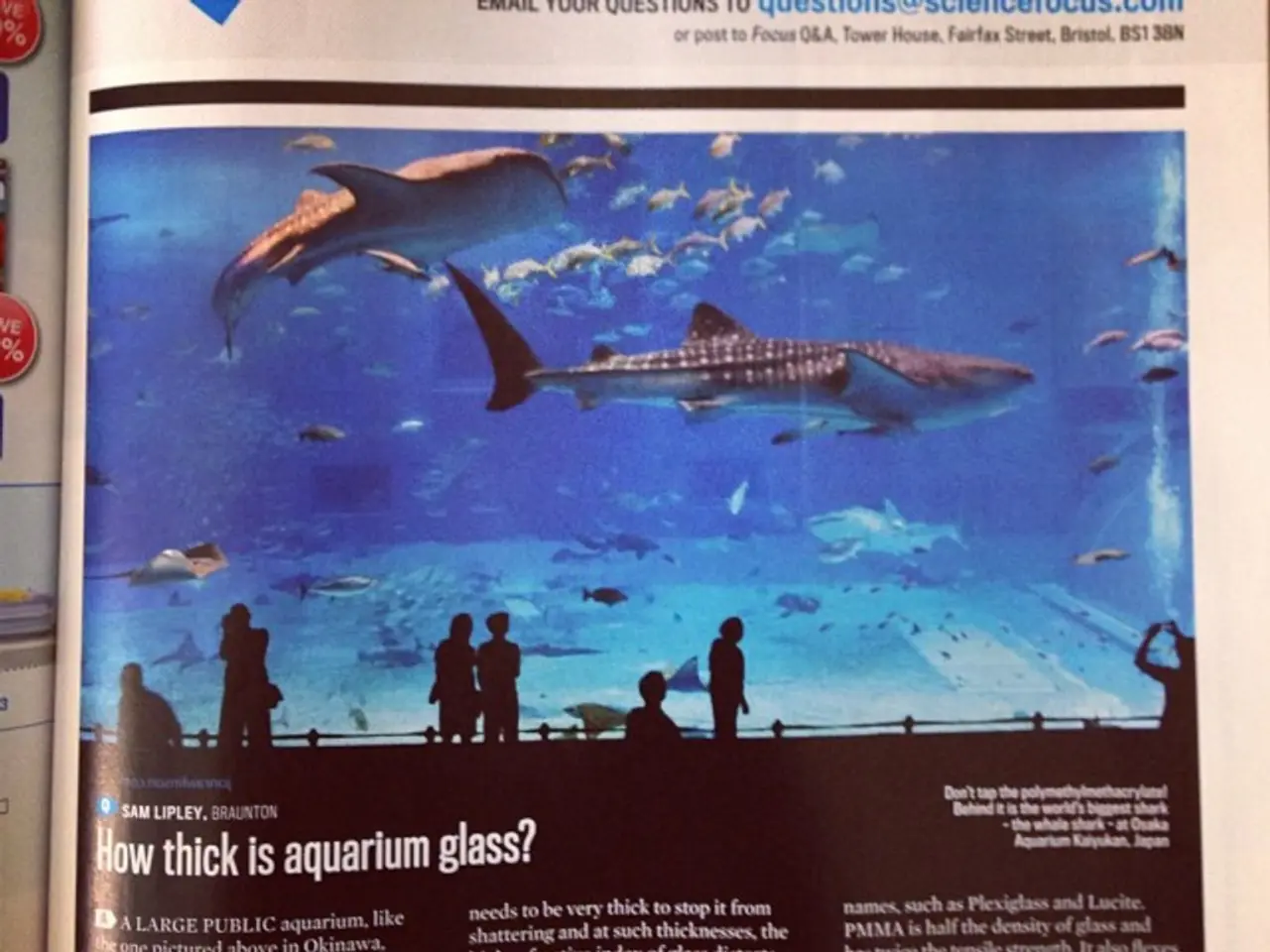US gains advantages from Lombardy's accord on tariffs
In a call for action, Guido Guidesi, Assessor for Economic Development of Regione Lombardia, has urged the European Commission to embrace a policy of "technological neutrality" and fewer rules, aiming to boost competitiveness and innovation in the automotive, chemistry, and steel sectors.
Guidesi's plea comes as the Lombardy region, known for its industrial prowess, commits to supporting these strategic sectors through alliances and agreements with other major European manufacturing regions. The region is particularly concerned about the economic destruction caused by the Commission's inaction, as seen in the automotive sector.
Similar views have been expressed by entrepreneur Emma Marcegaglia, who calls for a change in the European Union's decision-making processes and the elimination of internal barriers in the steel, chemistry, and automotive sectors. She emphasizes that the tariffs currently in place are still high and that the agreement between the European Union and the United States is not positive for the EU, given that the US continues to negotiate with China.
Emanuele Orsini, president of Confindustria, argues that the European Union needs to implement an extraordinary industrial plan for businesses, and that the Italian government should encourage investments and increase productivity. Orsini is particularly concerned about the rigid rules, bureaucracy, and red tape within Europe, which he believes are hindering the region's competitiveness.
To address these concerns, the European Union is considering a multi-faceted approach. This includes establishing alliances and investment strategies, implementing energy cost and decarbonization plans, strengthening trade defenses, and simplifying regulations to boost competitiveness and innovation.
In the chemicals industry, the EU has launched an Action Plan aimed at reducing energy costs, lessening regulatory burdens, and tackling unfair global competition. This plan includes creating a Critical Chemical Alliance, which will identify essential production sites, set investment priorities, and address supply chain dependencies and trade distortions. The plan also includes accelerating the Affordable Energy Action Plan to lower electricity and feedstock costs, promoting decarbonization technologies, and simplifying chemical regulations.
In the steel sector, the European Commission is consulting on replacing current safeguard measures to better protect the industry from unfair trade practices, likely addressing the impact of cheap steel imports, including from China, to maintain sector resilience.
Trade unions and stakeholders advocate for an ambitious industrial policy that ensures a level playing field with fair taxation, innovation incentives, high environmental standards, and good working conditions. They emphasize the importance of internal coherence to prevent fragmentation and barriers within the EU’s single market.
In the broader strategic context, the EU promotes a strategy of “selective cooperation” with third countries, balancing openness in sectors like automotive and critical materials with criteria to strengthen EU production and employment bases. This approach is intended to manage dependencies on imports and foreign technologies while safeguarding EU’s industrial autonomy and competitiveness amid geopolitical pressures, especially from China.
Guidesi further stated that uncertainty hinders planning, which can lead to a stop for Lombardy. Antonio Gozzi, president of Federacciai and delegate of Confindustria for the Mattei Plan, expresses concern about the potential invasion of Asian products into the European market due to US tariffs.
In summary, the EU's strategy involves coordinated policy packages focusing on reducing energy costs, improving competitiveness through alliances, safeguarding against unfair trade, fostering innovation and sustainability, and managing international cooperation with strategic selectivity in automotive, chemical, and steel sectors. These efforts aim to mitigate deindustrialization risks, counter Chinese product invasion, and remove internal market barriers.
Other stakeholders are aligning with Guidesi's call for full embrace of the policy of technological neutrality and fewer rules, hoping to foster general-news innovations in the automotive, chemistry, and steel sectors, as excessive regulations and bureaucracy hinder the European Union's competitiveness. Trade unions also support the EU's ambition to prevent fragmentation within the single market by ensuring a level playing field with fair taxation, innovation incentives, and good working conditions.





